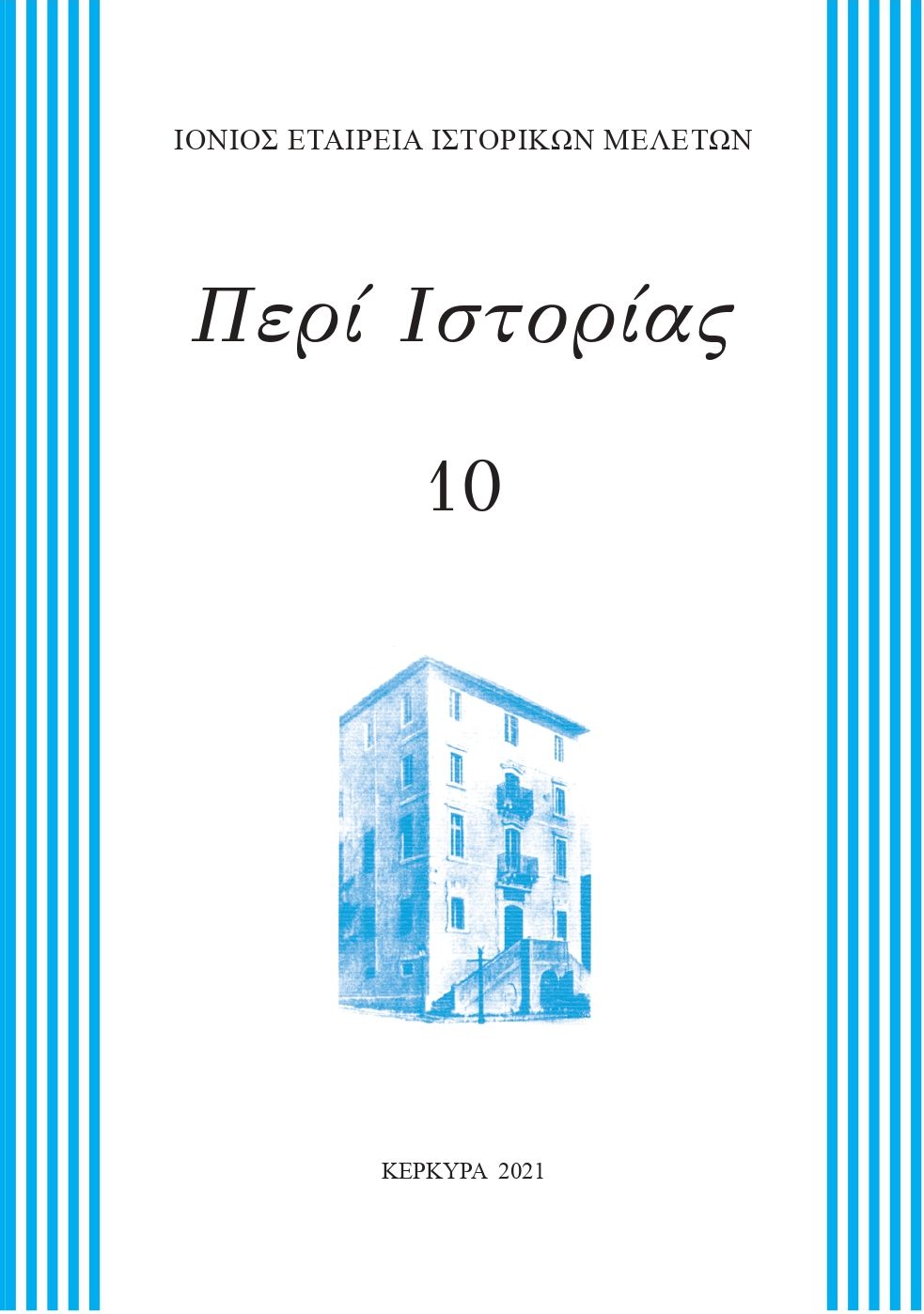Corporeità ed embriologia nella Divina Commedia
Abstract
CORPOREITY AND EMBRYOLOGY IN THE DIVINE COMEDY
The term "shadow" is often encountered within the Divine Comedy and it represents one of the central points on which Dante conceived the creation of his journey beyond the world. In his Comedy Alighieri somehow anticipated such a function later attributed to it by Leonardo da Vinci in the Tractatus De Pictura, by privileging it as an ambiguous intermediary between heaven and earth and as the only instrument through which he had been granted a glimpse of the invisible. Therefore the text focuses on understanding nature, on the consistency of the otherworldly souls, on the way they appear to the poet and finally on how they interact with each other and with the world around them. Above all, Dante wants to demonstrate how the “shadow” can also coincide with the “soul” in Aristotelian and Thomistic terms, as the shadow itself represents the form in which the souls of the Inferno and Purgatorio present themselves to the poet. Ancient biology, fruit of the works of Aristotle's full philosophical maturity, is widely and wisely used by the Florentine: the main biological theories present in the Aristotelian De Generatione Animalium are illustrated through the figure of Statius (XXV Canto, Purgatorio). It’s about the theories which led to the definition of soul and therefore to the definition of the formative virtue of the spirit.
Article Details
- How to Cite
-
Ielo, M. A. (2022). Corporeità ed embriologia nella Divina Commedia. Peri Istorias, 10, 249–258. Retrieved from https://ejournals.epublishing.ekt.gr/index.php/ieim/article/view/30389
- Section
- Articles
Authors retain copyright and grant the journal right of first publication with the work simultaneously licensed under a Creative Commons Attribution NonCommercial License that allows others to share the work with an acknowledgement of the work's authorship and initial publication in this journal.



